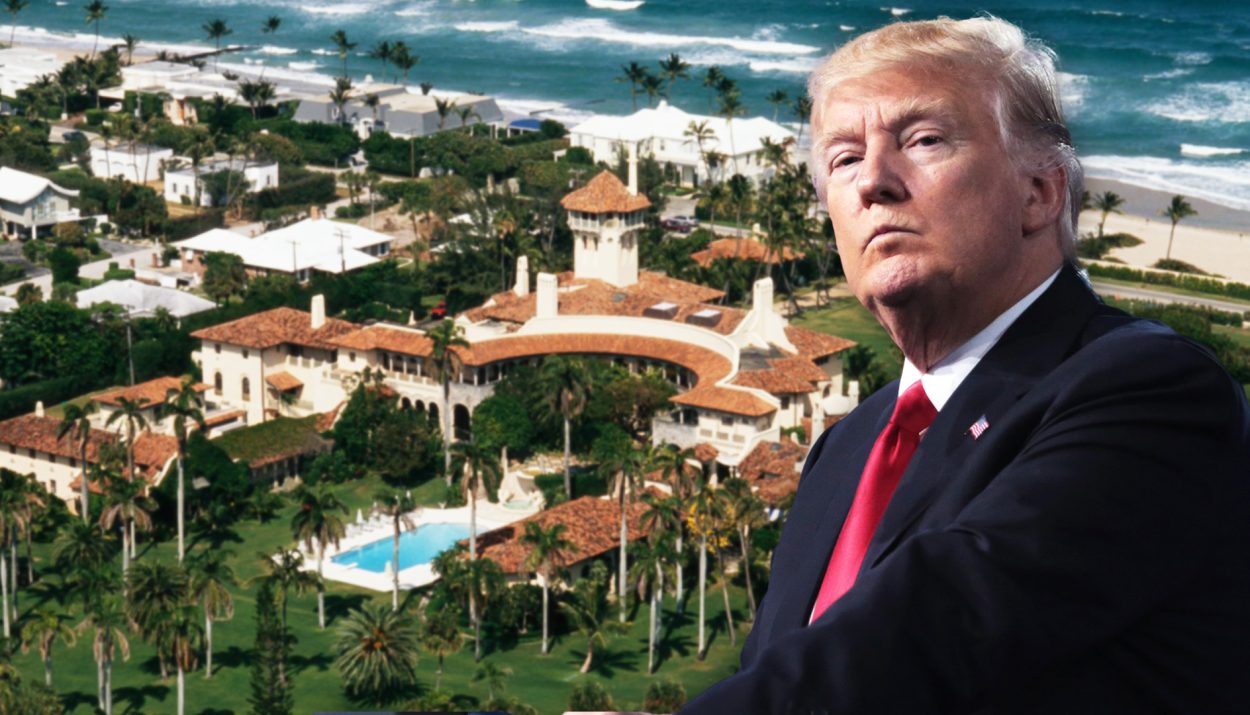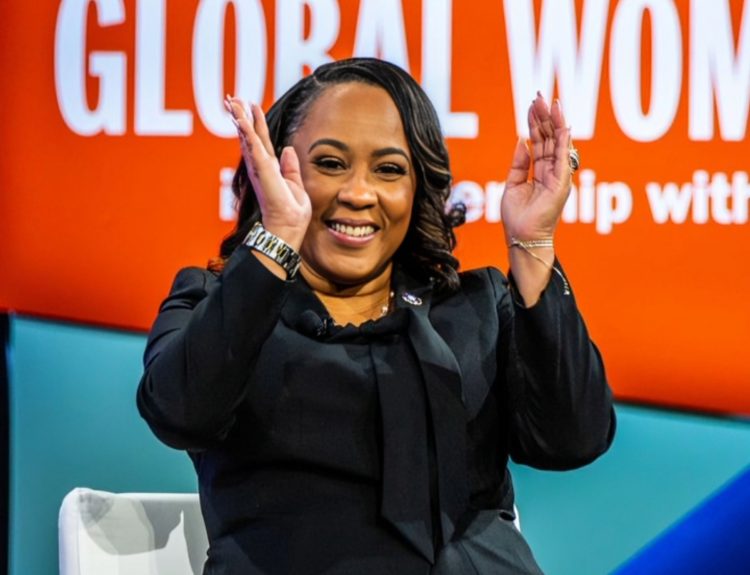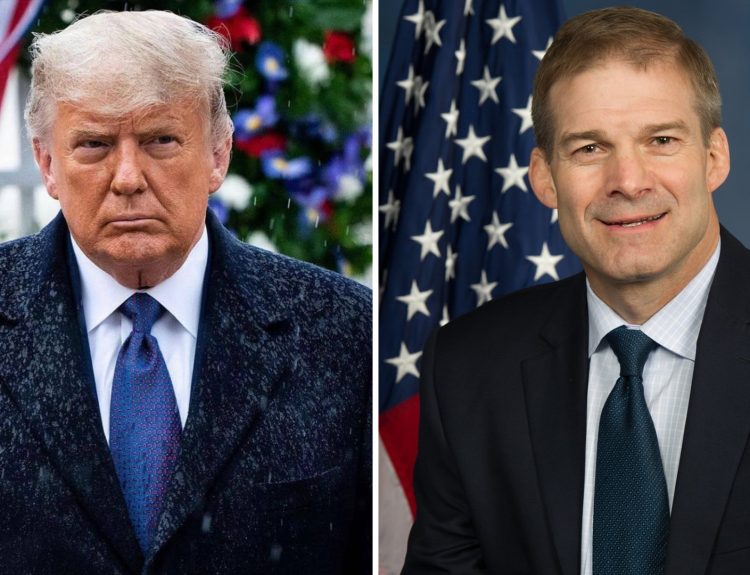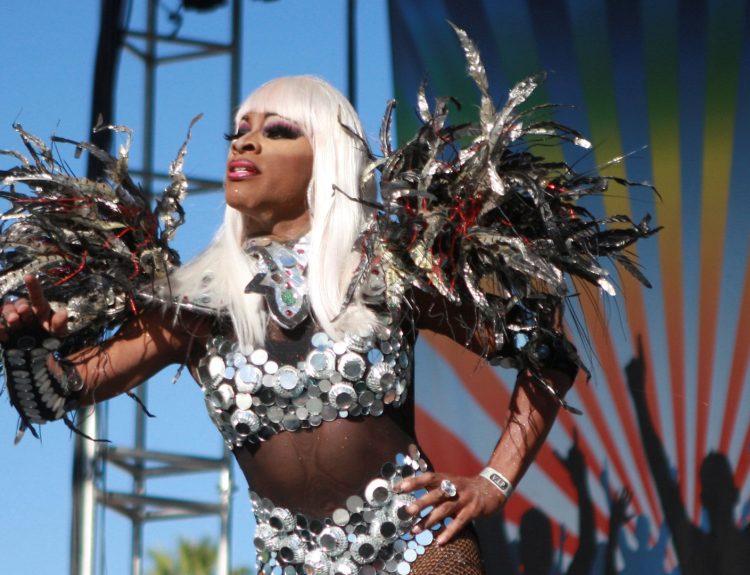Recent search warrant affidavits have provided new details about the FBI’s investigation into former President Trump’s removal of classified records from the White House.
The revelation that federal agents may have received a tip from someone familiar with changes made at Mar-a-Lago has raised further questions about the circumstances surrounding the retrieval of documents. As the Justice Department’s probe continues, all eyes will be on what additional facts are uncovered and what implications they may have.
Insider May Have Tipped Off FBI About Trump’s Handling of Documents
According to sources cited by ABC News, special counsel Jack Smith and his team have questioned several witnesses about two areas – a “hidden room” and a closet – that FBI agents did not search during the 2022 raid of former President Donald Trump’s Mar-a-Lago estate. The failure to search these locations has led some investigators to believe classified documents may remain at the property.
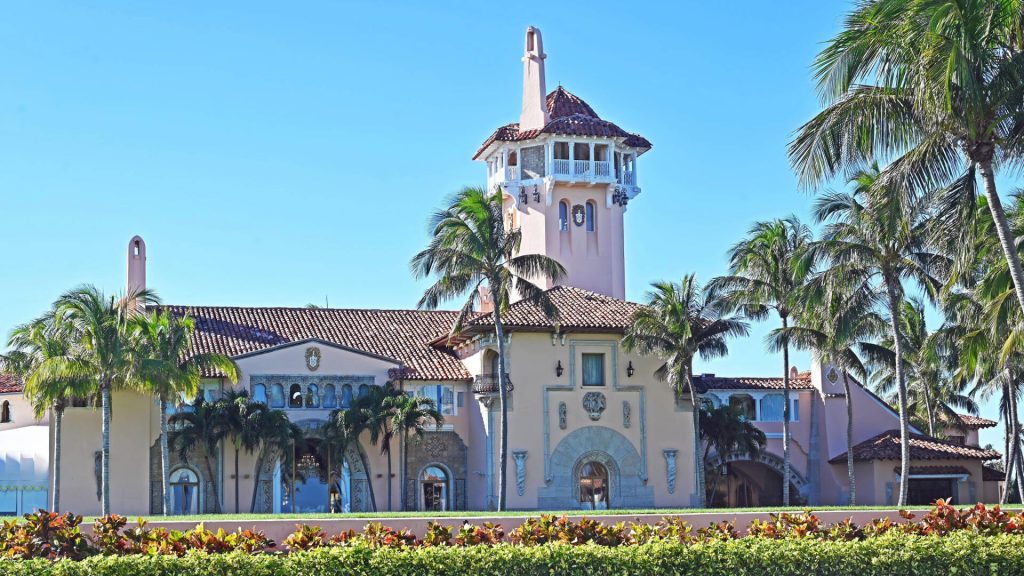
Some investigators came to think the closet, which was locked during the initial search, should have been checked. Sources told ABC News that Trump allegedly had the closet lock changed while his attorney was searching for classified documents in a basement storage room, an action one former maintenance worker described as “unusual.”
The Hidden Room
Unlike the closet, the FBI was unaware of the “hidden room” connected to Trump’s bedroom at the time of the initial search. Sources told ABC News that Smith’s team was later informed that some Trump employees had heard the FBI missed at least one room at Mar-a-Lago.
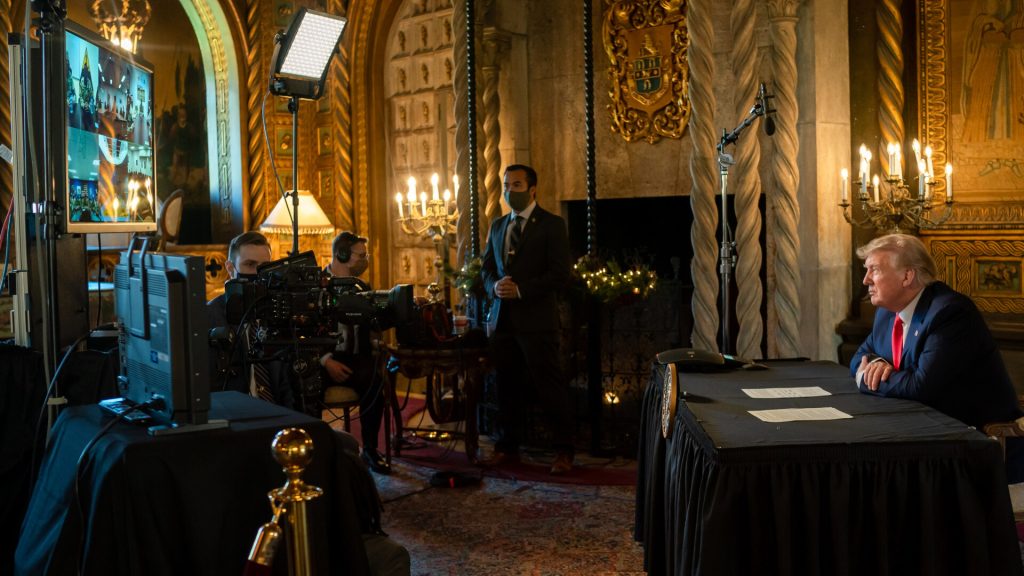
A senior FBI official told ABC News agents focused their search on areas they believed might contain government documents. “Based on information gathered throughout the investigation, areas were identified and searched pursuant to the search warrant,” the official said.
Who Knew? Prosecutors or Lawyers
It remains unclear whether prosecutors or Trump’s lawyers knew of the unsearched spaces and whether Smith will seek another warrant to search Mar-a-Lago for any remaining documents. A spokesperson for Trump’s campaign called the investigations into the former president “desperate attempts at election interference … to stop the presumptive Republican nominee for President.”
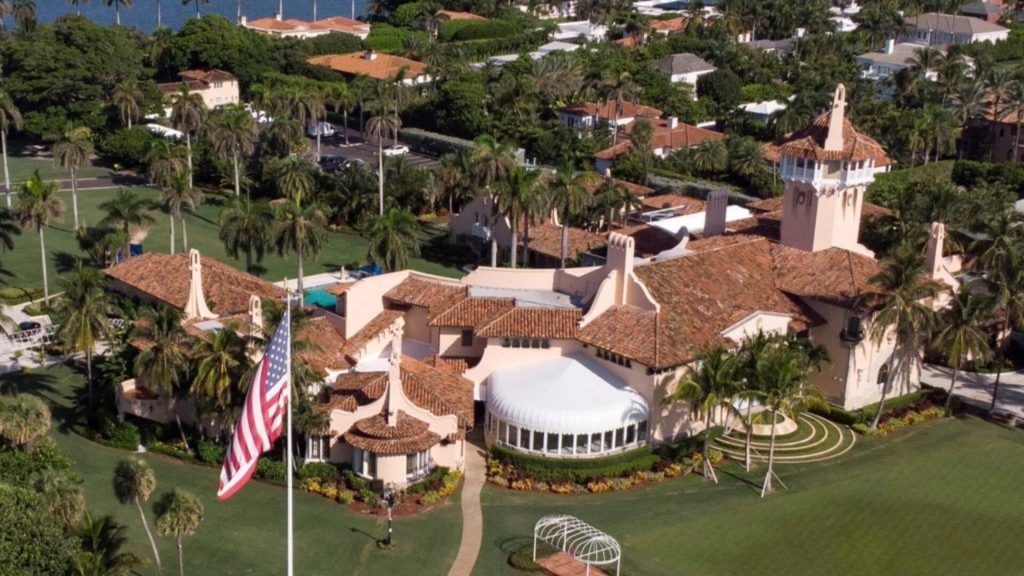
The failure to conduct an exhaustive search of Mar-a-Lago has led experts to question the FBI’s thoroughness and has fueled speculation about the possible existence of an informant close to Trump who tipped off the FBI.
FBI Search of Mar-a-Lago Focused on Storage Rooms in Residence
According to sources that spoke with ABC News, investigators on special counsel Jack Smith’s team recently questioned several witnesses about two areas at the former president’s Mar-a-Lago residence that the FBI did not search during their initial search in 2022.
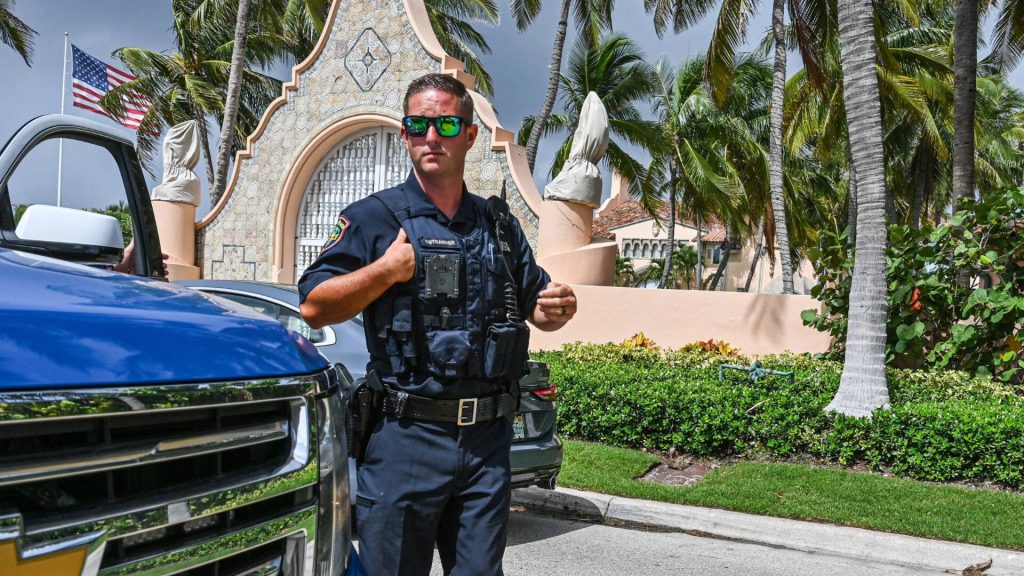
Some authorities involved in the initial search came to believe, after the fact, that the locked closet should have been searched despite agents being unable to gain access at the time. Sources reported that Trump allegedly had the closet lock changed while his attorney was searching for classified documents in a basement storage room.
FBI Proved to Be Inadequate
Former Justice Department official Jordan Strauss expressed surprise at the FBI’s failure to search the closet, given how thorough the agents were otherwise. “You’re searching a former president’s house. You [should] get it right the first time,” Strauss told ABC News. The FBI is typically known for being meticulous and unrelenting in their investigations.
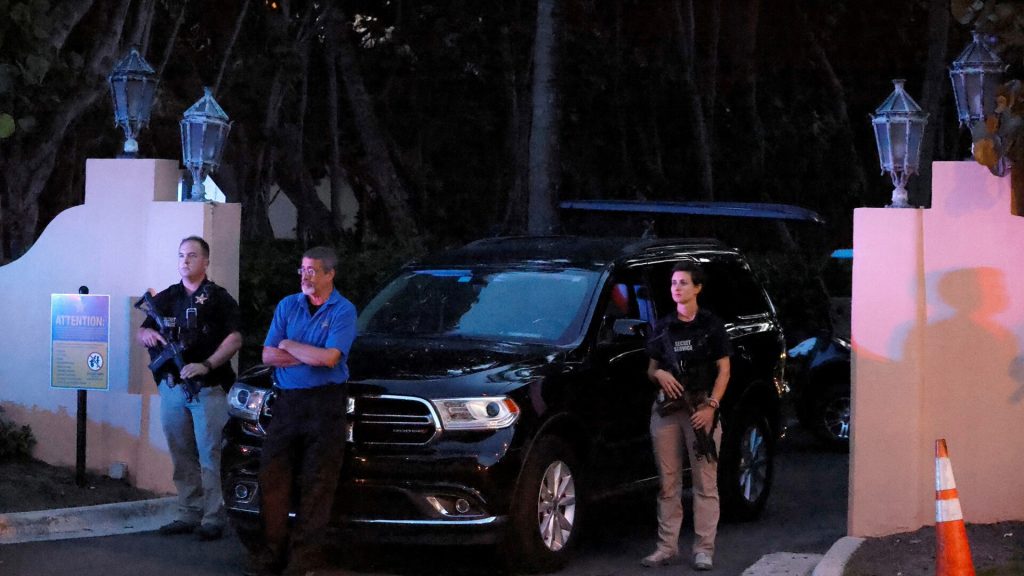
Similarly, Andrew Weissmann, a former federal prosecutor who worked on special counsel Robert Mueller’s team, suggested that “an insider has tipped the FBI off,” indicating that there may be another cooperating witness providing information to investigators.
A Follow-Up Warranty in The Works
While the FBI focused their search on areas, they believed might contain government records, their failure to access certain locations has led some legal experts to question whether a follow-up search warrant should be sought. The evidence in question could prove useful, even if a second search does not take place.

The core of the case against Trump involves his attempts to obstruct the investigation and withhold classified information from the government, even after his attorneys advised him to return the documents. If evidence emerges showing that Trump changed the lock on his closet specifically to hide documents from the government, it could be impactful if the case proceeds to trial.
Trump Under Fire for Removing Classified Materials from White House
Some authorities familiar with the situation conveyed that investigators came to believe the closet, which was locked at the time of the initial search, should have been inspected. As relayed by ABC News, Trump allegedly had the closet lock changed while his lawyer was exploring a basement storage room for classified documents.
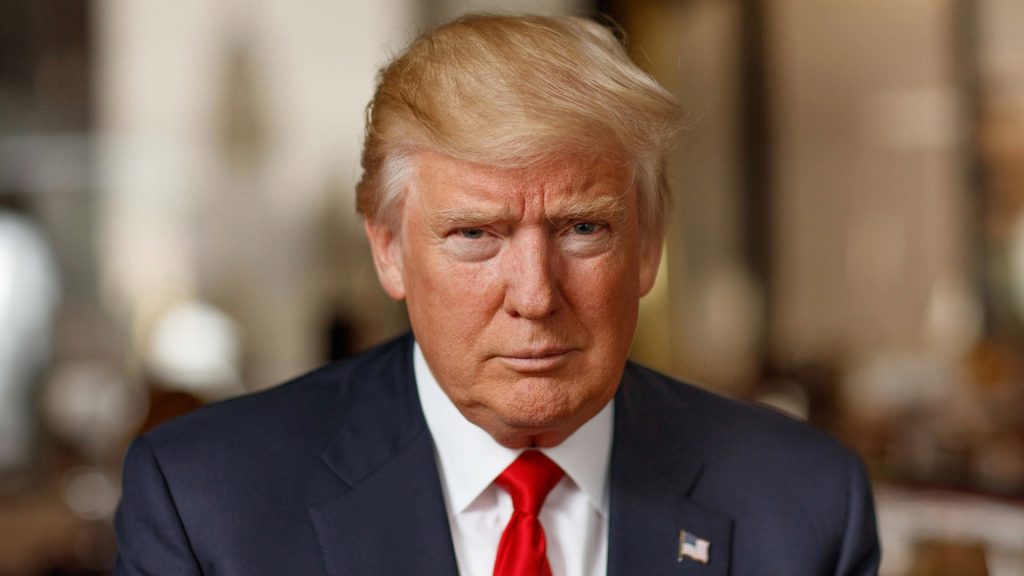
One ex-maintenance worker termed the request as “uncommon,” per sources. Trump’s alleged attempts to conceal the classified records from his counsel formed part of the indictment brought by Smith. The questioning suggests Smith’s team continues to “try to determine if there might be more classified documents” at the location, according to ABC News.
Andrew Weissmann Tweet on an Insider Tip
Andrew Weissmann, a former federal prosecutor who served on special counsel Robert Mueller’s team, tweeted that the report indicates that “an insider has tipped the FBI off,” suggesting “another cooperating witness” in the case. Joyce Vance, a former U.S. Attorney, called the FBI’s failure to search the closet and hidden room “troubling” on her Substack blog.
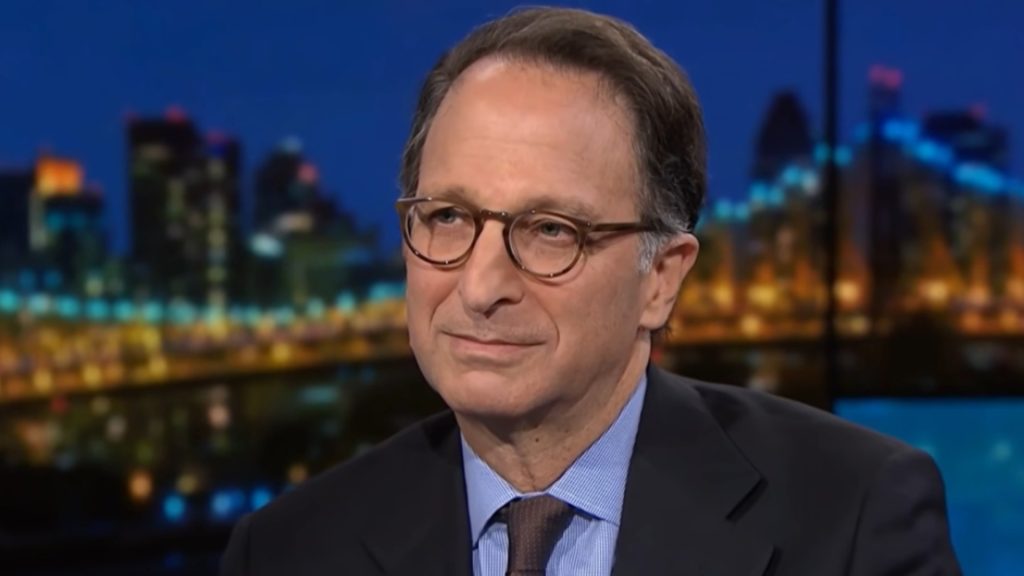
“It’s inexplicable that agents didn’t insist on being provided with a key or break the lock in order to look into the space. Important national secrets were at risk, and they were authorized to look into any space within Trump’s control where they could be stored,” Vance wrote.
The Failure to Search These Areas Could Prove Legally Problematic
According to legal experts, the FBI’s failure to search the locked closet and hidden room at Mar-a-Lago is “troubling” and “astonishing,” given the thoroughness of the rest of the search. Former U.S. Attorney Joyce Vance called the failure “inexplicable,” noting that “important national secrets were at risk.” The Presidential Records Act establishes that presidential records belong to the federal government, not any individual president.
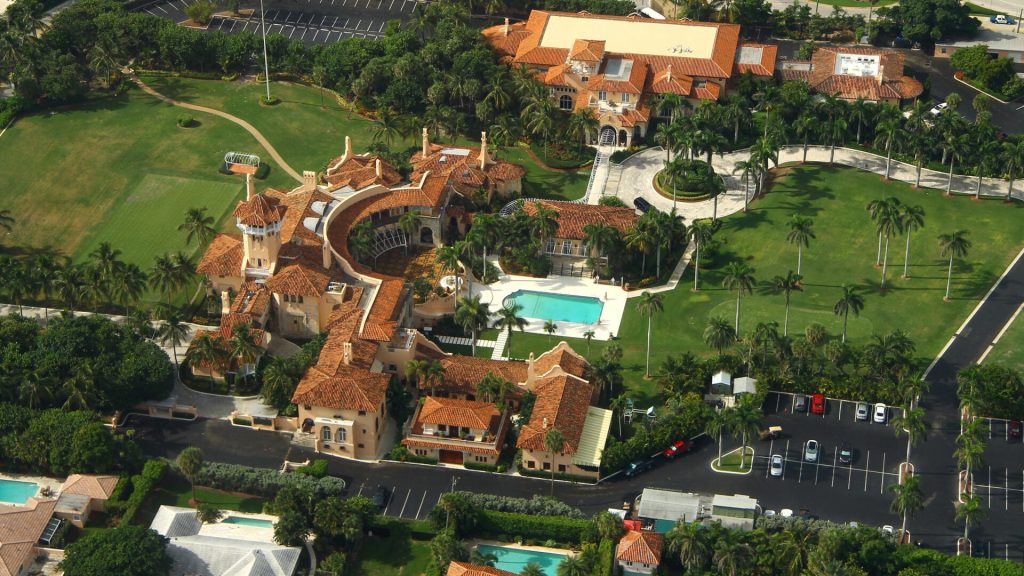
By allegedly concealing and locking classified documents in these unsearched spaces, Trump may have violated this law. If there is evidence that Trump deliberately changed locks and concealed spaces to hide documents from investigators, it could demonstrate corrupt intent and obstruction of justice.
Turning The Tables
While the unsearched spaces raise legal issues, the case against Trump primarily hinges on the document’s investigators did recover. Prosecutors must prove that Trump knowingly and unlawfully retained classified and government documents.
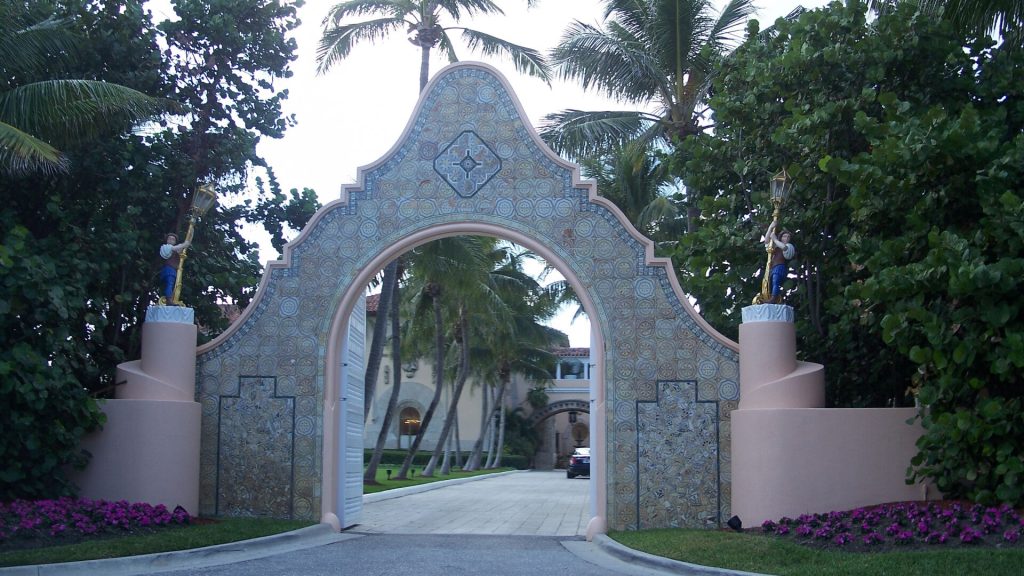
Overall, the locked closet and hidden room at Mar-a-Lago create legal complications that prosecutors and defense attorneys will have to navigate. How the court views Trump’s actions in concealing these spaces may ultimately influence the outcome of the case.

